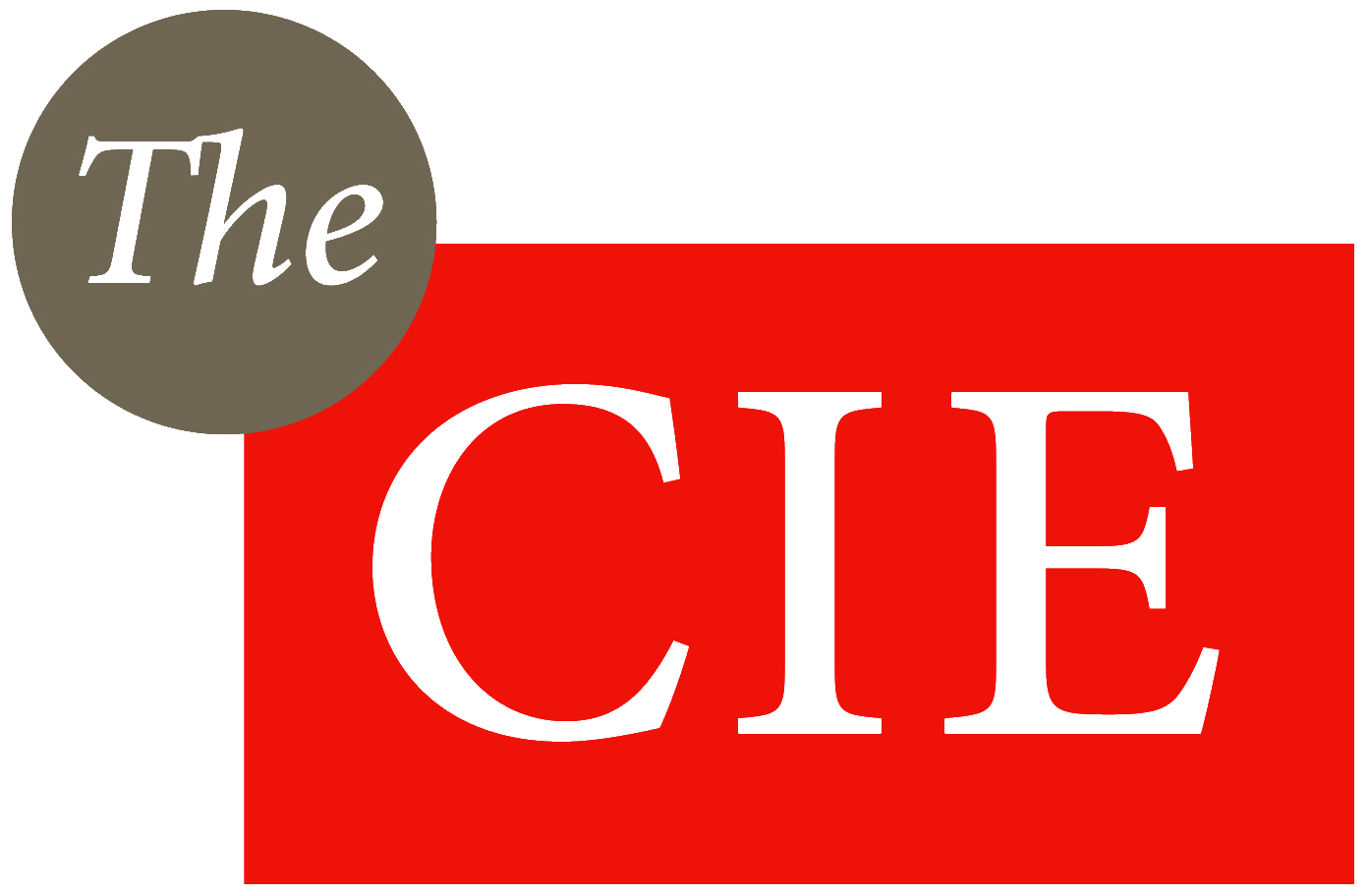Health, Education and Social Services
Health and human services economics has been a key focus for the CIE for the past decade, and preparing evidentiary material for improved health and welfare is now a central component of the work that we undertake.
Our primary fields of work include:
health and human services economic research and analysis, often in the context of developing and reviewing various financing and payment models for government funded services
health economics evaluation, providing a detailed program logic and theory of change to assess appropriateness, effectiveness, and efficiency of a wide range of programs at the Commonwealth (hearing services, pharmaceuticals, private health insurance) and State Government level (multiple hospital avoidance programs and those focused on early intervention and multi-disciplinary care)
economic modelling of health and human services, policies and programs, typically involving cost benefit analysis to optimise alternative service delivery models and the allocation of human system resources to maximise population outcomes in a financially sustainable way
undertaking core human services economics and regulatory review tasks, such as literature review, data collection and analysis, regulatory impact assessments, and benefit cost analysis that informs health and human services system priority setting
data collection and statistical econometric analysis to support analysis of large data sets, and
qualitative analysis and stakeholder consultation in the health and human services sector.
SOME OF OUR WORK
The economic value of pathology : achieving better health and a better use of health resources
Journal article links to NSW Family Planning work and Blood Service work
Concepcion, K., Lacey, S. et. Al (2019), ‘Cost–benefit analysis of enhancing the uptake of long-acting reversible contraception in Australia’, Australian Health Review https://doi.org/10.1071/AH18190, and
Botfield, J., Lacey, S. et. al. (2018), ‘Increasing the accessibility of long-acting reversible contraceptives through nurse-led insertions: A cost-benefit analysis’, Collegian, COLL_2018_277_R1.
Modelling the risk of transfusion‐transmitted syphilis: a reconsideration of blood donation testing strategies, Thisuri Jayawardena, Veronica Hoad, Claire Styles, Clive Seed, Peter Bentley, Vanessa Clifford, Sarina Lacey, https://onlinelibrary.wiley.com/doi/abs/10.1111/vox.12741




